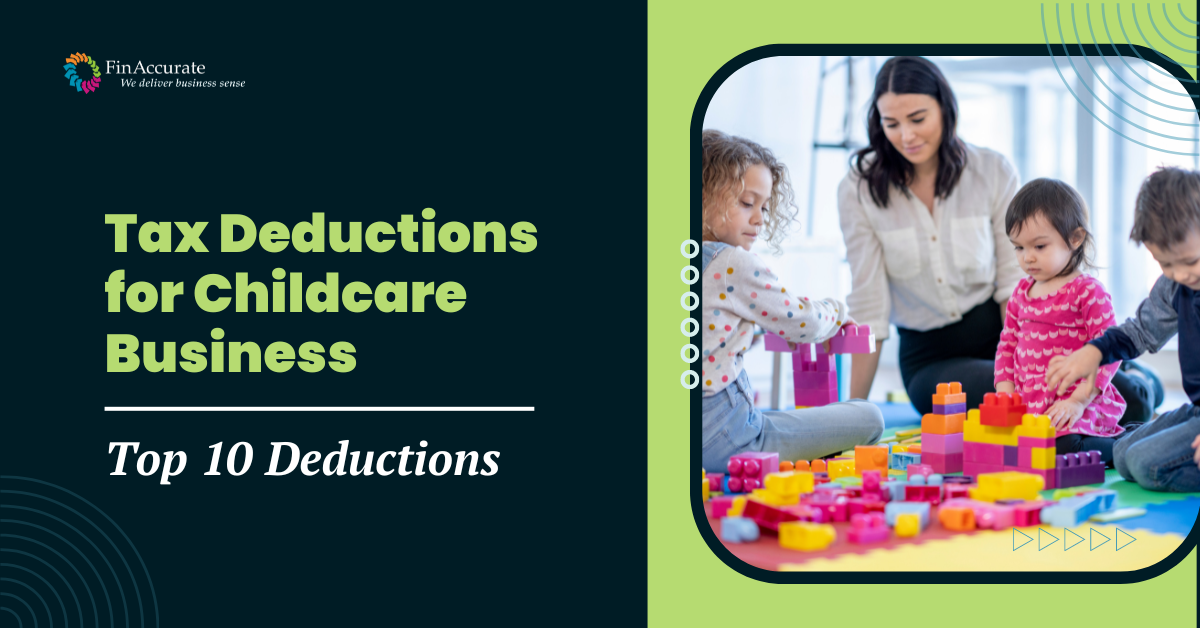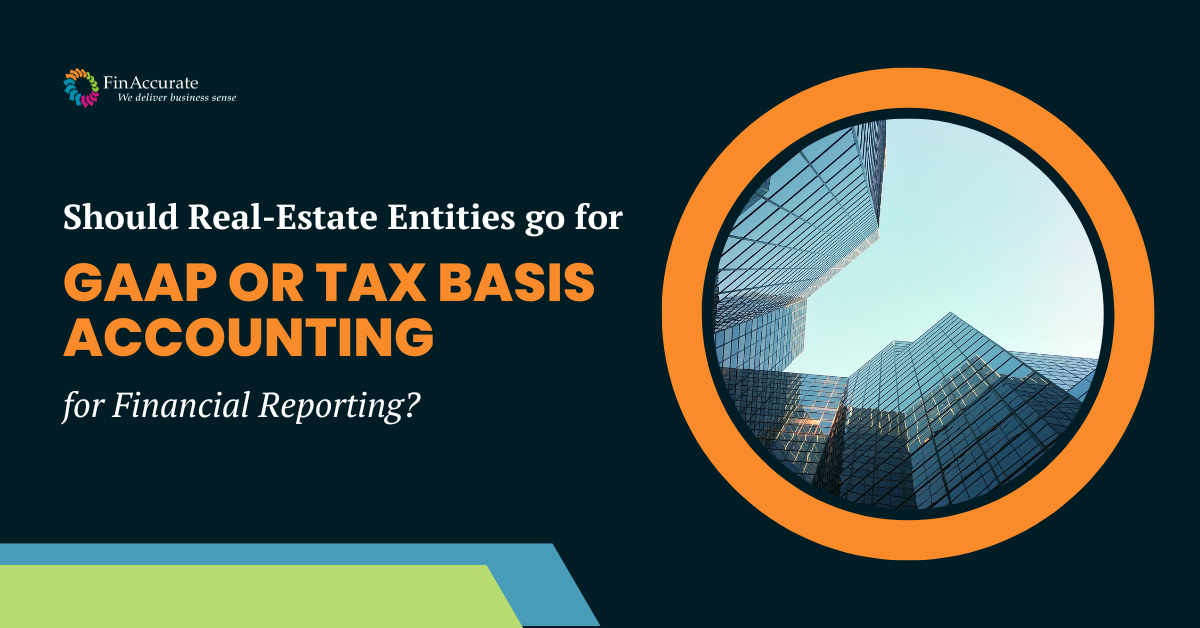Running a childcare business comes with unique challenges, but it also presents opportunities for significant tax benefits. In this blog post, we’ll explore the top 10 tax deductions specifically applicable to childcare businesses. These deductions can help you reduce taxable income, lower your tax liability, and enhance your financial position. By understanding and utilizing these deductions effectively, you can optimize your business’s profitability while staying compliant with tax laws. Let’s dive in and discover how you can leverage these deductions to propel your childcare business to success!
Looking for ways to save money on the taxes for your daycare business? In this post, we’ll examine the top ten tax breaks available to childcare businesses. Use as many of these tax breaks as you can, and you will owe Uncle Sam less when tax time comes around. To learn more, keep reading.
Tax Deductions From The IRS And Your Childcare Business
A tax deduction is a valuable tool that allows you to reduce your taxable income and ultimately lower the amount of taxes you owe to the U.S. Government. The Internal Revenue Service (IRS) provides a list of predetermined deductions, and various industries have specific deductions tailored to their needs.
The childcare industry is no exception, offering numerous potential tax deductions for business owners in this sector. Understanding and utilizing these deductions can significantly benefit childcare providers. Here are some of the most common tax deductions available to childcare providers:
1. Employee Wages
When you hire a group of babysitters for your childcare business, you can deduct the costs associated with your employees from your taxes. This includes employee wages, salaries, paid vacation, benefits, and insurance premiums. However, it’s important to note that you cannot include your own income as a business owner when calculating employee expenses. Keeping accurate records of these expenses is crucial for claiming the deductions correctly. Consult with a tax professional to ensure you maximize your deductions while complying with IRS guidelines.
2. Bank Fees and Interest
Bank fees and interest can be deducted as legitimate business expenses for your childcare business. Common bank fees, such as monthly maintenance fees and transaction fees, are deductible. Additionally, the interest paid on business loans or credit card debt is generally tax-deductible. It’s important to keep separate accounts for personal and business finances and maintain accurate records of these expenses.
Consulting with a tax professional will ensure compliance with IRS regulations and help maximize your deductions for bank fees and interest, providing tax savings for your childcare business.
3. Advertising Charges
Advertising charges for your childcare business can be deducted as ordinary and necessary business expenses. This includes expenses for print and online advertising, website development and maintenance, social media advertising, business cards, and stationery, as well as signage and billboards. Keep records and receipts to support your deductions and consult with a tax professional for guidance on eligibility and IRS compliance.
4. Continuing Education Fees
Continuing education is essential for childcare providers to stay current with industry trends and provide the best care possible. The IRS recognizes the value of ongoing professional development and allows childcare business owners to deduct continuing education fees as a business expense. By deducting these fees, you invest in your growth while reducing taxable income and overall tax liability. Ensure that the education is relevant to your business, either by maintaining or improving skills.
Keep detailed records of expenses and consult a tax professional for guidance. Deducting continuing education fees allows you to invest in yourself and provide quality care to the children in your facility.
5. Membership Dues
Membership dues paid for professional organizations or associations related to your childcare business may be tax-deductible, subject to IRS guidelines. To qualify, the dues must directly relate to your business and be considered ordinary and necessary expenses. Keep detailed records and consult with a tax professional to ensure compliance and maximize your deductions.
6. Charges for Supplies
To run a childcare business, you need a lot of different kinds of products. You can get a tax break on your daycare items if you keep good records and keep your receipts. The following types of daycare materials are tax-deductible.
- Safety equipment
- Cleaning products
- Furnishings and apparatus
- Games and toys
- Crafts and arts
- School supplies Classroom equipment
- Baby care products
- Utensils for kitchen use
- Technology in childcare
What about other costs associated with your firm, such as your office supplies? Let’s look at it.
Stuff for the office
The IRS says that you can deduct from your taxes any costs that are “normal and necessary” for running your babysitting business. Again, it’s up to you as the business owner to keep track of your receipts, separate your business expenses from your personal expenses, and keep good records to prove that your business purchases were “ordinary and necessary.” Costs for office supplies may include:
- Paper
- Ink and printers
- Business envelopes, stamps, and mailing tools
- Writing instruments
- Folders, binders, notebooks, plans, and calendars
- Staplers, staplers, tape, rubber bands, paper clips, knives, and the like
- Storage for the office, such as filing boxes, shelves, drawers, and bins
- Things for safety and cleaning
Sometimes, like when you buy playground items for your child care center, you will have to spend a lot of money. How do you deal with these expensive things? Next, we’ll look at those.
7. Furniture and Equipment Costs
When it comes to furniture and equipment costs for your childcare business, there are two key tax deductions to consider: depreciation and the Section 179 deduction.
- Depreciation: You can deduct the cost of furniture and equipment over their useful life through depreciation. This allows you to spread out the expense over time.
- Section 179 Deduction: Alternatively, you can choose to deduct the full cost of qualifying furniture and equipment in the year of purchase using the Section 179 deduction.
To qualify for these deductions, maintain detailed records of your purchases and consult with a tax professional who specializes in childcare business deductions. By utilizing these deductions, you can reduce your taxable income and allocate more resources to other aspects of your business.
8. Meal Expenses
Most likely, the kids you care for at your babysitting center get meals and/or snacks. If that’s the case, you can write off your food and drink costs on your taxes. To figure out how much you spend on food, you will need to keep track of how many students show up and how many meals you serve, as well as your daycare grocery records.
9. Insurance Charges
Insurance charges for your childcare business can be tax-deductible, providing potential tax benefits. Here’s what you need to know:
Property Insurance: Deduct property insurance charges for damage or loss to your daycare facility and assets.
Workers’ Compensation Insurance: If you have employees, workers’ compensation insurance premiums may be deductible.
Health Insurance: Health insurance premiums for employees may be deductible under certain conditions.
Maintain meticulous premium records and consult a tax professional for insurance deductions and IRS requirements.
10. Charges for Utilities
You can potentially deduct charges for utilities in your childcare business on your taxes. Eligible utilities include electricity, gas, water, and sewage. If you operate your business from home, you may deduct a portion of your utility expenses based on the percentage of your home used for business purposes.
Keep proper documentation and consult IRS guidelines or a tax professional for details on apportioning expenses. Taking advantage of these deductions can lower your taxable income and increase tax savings for your childcare business.
Conclusion
In conclusion, understanding and leveraging tax deductions can significantly impact the financial success of your childcare business. By taking advantage of the top 10 deductions available to you, such as employee costs, facility expenses, and business-related supplies, you can reduce your tax liability and optimize your profitability.
Don’t miss out on the opportunity to enhance your financial strategy and secure the long-term sustainability of your childcare business. Whether you’re a new business owner or a seasoned entrepreneur, gaining more insight into these deductions can empower you to make informed financial decisions and maximize your tax benefits.
Visit Finaccurate today to access detailed information and expert guidance on tax deductions for your childcare business.





